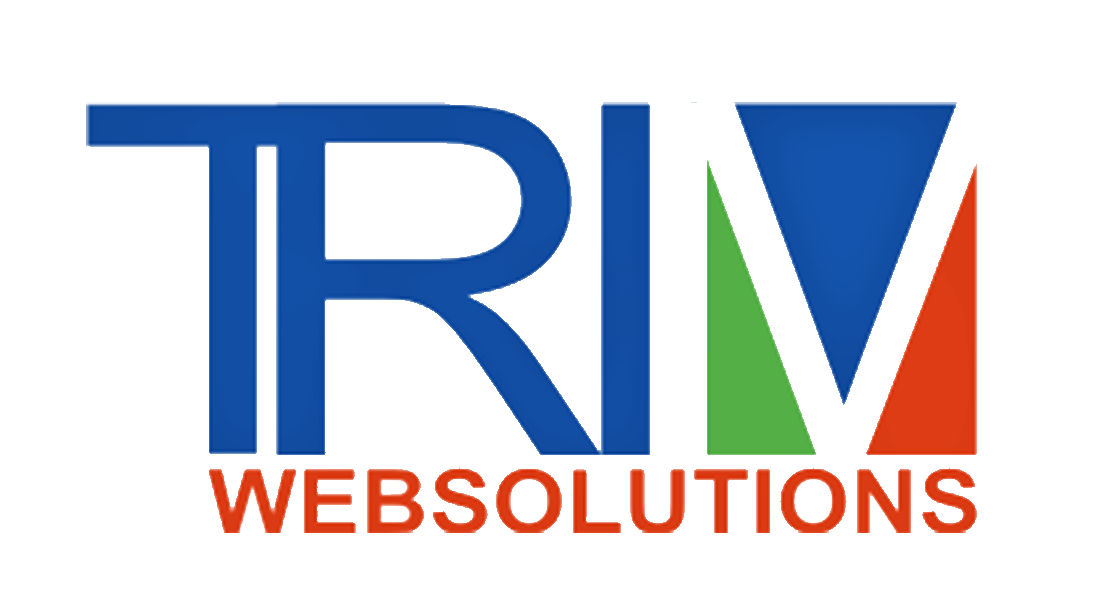Healthcare innovation

Healthcare Innovation: Transforming the Future of Medicine
Healthcare innovation is revolutionizing the medical industry, driving improvements in patient care, efficiency, and accessibility. With the rapid advancement of technology, healthcare systems worldwide are embracing innovative solutions to enhance diagnostics, treatment, and overall patient experience. From artificial intelligence (AI) to telemedicine, biotechnology, and personalized medicine, healthcare innovation is reshaping the way medical services are delivered and experienced.
The Role of Technology in Healthcare Innovation
One of the most significant drivers of healthcare innovation is technology. Cutting-edge advancements in medical devices, AI, and data analytics are transforming patient care. Some of the key technological innovations include:
-
Artificial Intelligence (AI) and Machine Learning AI is revolutionizing healthcare by providing powerful tools for diagnostics, predictive analytics, and personalized treatment. Machine learning algorithms can analyze vast amounts of medical data, enabling early detection of diseases such as cancer, cardiovascular conditions, and neurological disorders. AI-powered chatbots and virtual assistants also help streamline administrative tasks, reducing the burden on healthcare professionals.
-
Telemedicine and Remote Patient Monitoring Telemedicine has gained significant traction, especially in the wake of the COVID-19 pandemic. Virtual consultations and remote monitoring devices allow patients to receive medical care without visiting healthcare facilities physically. This innovation improves accessibility for individuals in remote or underserved areas, ensuring they receive timely medical attention.
-
Wearable Health Technology Smartwatches, fitness trackers, and biosensors have revolutionized how individuals monitor their health. These devices track vital signs such as heart rate, blood pressure, oxygen levels, and sleep patterns. By continuously monitoring health metrics, wearable technology allows early detection of potential health issues, leading to preventive care and better health outcomes.
-
Blockchain in Healthcare Blockchain technology is improving data security and interoperability in healthcare. By providing a decentralized and tamper-proof system for storing medical records, blockchain enhances data privacy, reduces fraud, and enables seamless sharing of patient information among healthcare providers.
Biotechnological Advancements and Personalized Medicine
Biotechnology has led to groundbreaking advancements in medicine, paving the way for more targeted and effective treatments. Some notable innovations include:
-
Genomics and Precision Medicine The Human Genome Project and advancements in genetic sequencing have enabled personalized medicine, where treatments are tailored based on an individual's genetic makeup. Precision medicine allows for more effective and targeted therapies, reducing adverse effects and improving treatment outcomes.
-
Regenerative Medicine and Stem Cell Therapy Regenerative medicine focuses on repairing or replacing damaged tissues and organs using stem cells and tissue engineering. This innovation has shown promising results in treating conditions such as spinal cord injuries, heart disease, and degenerative disorders.
-
CRISPR and Gene Editing CRISPR technology has revolutionized gene editing, allowing scientists to modify DNA with unprecedented precision. This innovation holds potential for curing genetic disorders, developing new therapies, and advancing cancer treatment.
The Impact of Digital Health and Big Data Analytics
Digital health solutions and big data analytics are playing a crucial role in transforming healthcare by improving decision-making, enhancing patient care, and optimizing operational efficiency.
-
Electronic Health Records (EHRs) EHR systems digitize patient records, enabling seamless access to medical history, test results, and treatment plans. This innovation reduces paperwork, enhances coordination among healthcare providers, and minimizes medical errors.
-
Predictive Analytics and AI Diagnostics Healthcare organizations leverage big data and AI-powered analytics to predict disease outbreaks, identify high-risk patients, and personalize treatment plans. By analyzing patient data, healthcare providers can make informed decisions that improve health outcomes.
-
Virtual Reality (VR) and Augmented Reality (AR) in Medicine VR and AR technologies are being used for medical training, surgical simulations, and pain management. Surgeons use AR-guided procedures to enhance precision, while VR therapy is employed to treat mental health conditions such as PTSD and anxiety disorders.
Challenges and Future Prospects of Healthcare Innovation
While healthcare innovation offers numerous benefits, it also comes with challenges that need to be addressed for widespread adoption and success.
-
Data Privacy and Security With the increasing reliance on digital health solutions, protecting patient data from cyber threats and breaches is a significant concern. Strong cybersecurity measures and regulatory compliance are essential to safeguarding sensitive medical information.
-
Regulatory and Ethical Considerations Innovations such as AI in healthcare, gene editing, and biotechnology raise ethical and regulatory concerns. Establishing clear guidelines and ethical frameworks is necessary to ensure responsible and safe use of these technologies.
-
Affordability and Accessibility While healthcare innovation has the potential to improve patient care, disparities in access to advanced medical technologies remain a challenge. Ensuring affordability and accessibility of innovative treatments and digital health solutions is crucial for equitable healthcare delivery.
Conclusion
Healthcare innovation is driving remarkable advancements in medical technology, improving patient care, and shaping the future of medicine. From AI-powered diagnostics to personalized medicine and digital health solutions, these innovations enhance efficiency, accessibility, and treatment outcomes. While challenges such as data security and ethical considerations persist, ongoing research and technological advancements promise a future where healthcare is more precise, personalized, and patient-centric. As innovation continues to evolve, the healthcare industry must adapt and embrace new technologies to ensure a healthier and more sustainable future for all.
10 0 7
Write a Comments
* Be the first to Make Comment















